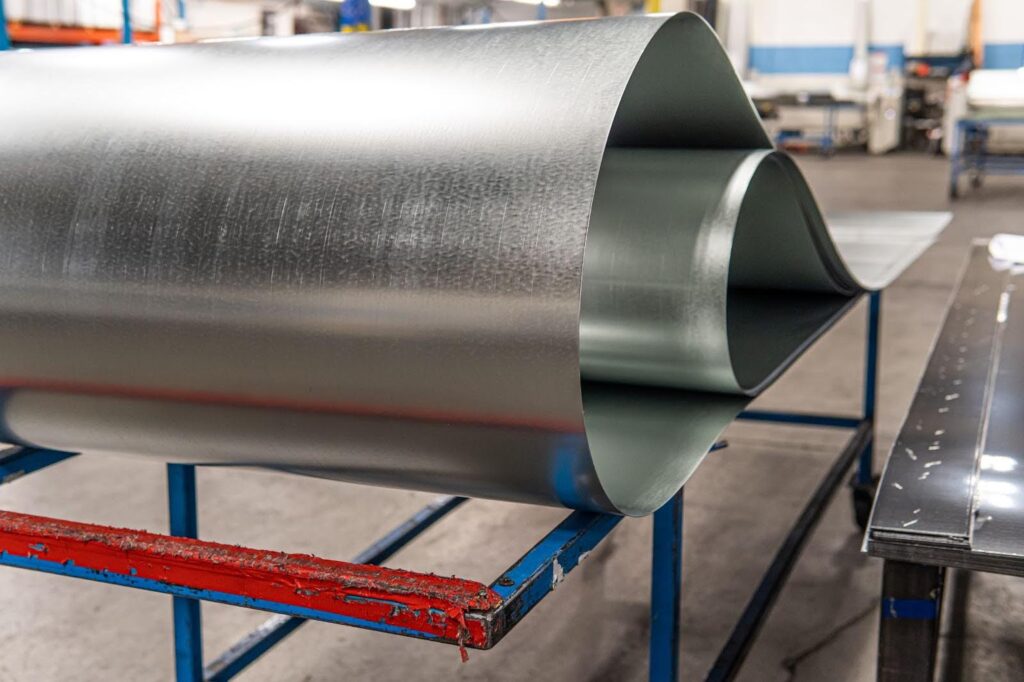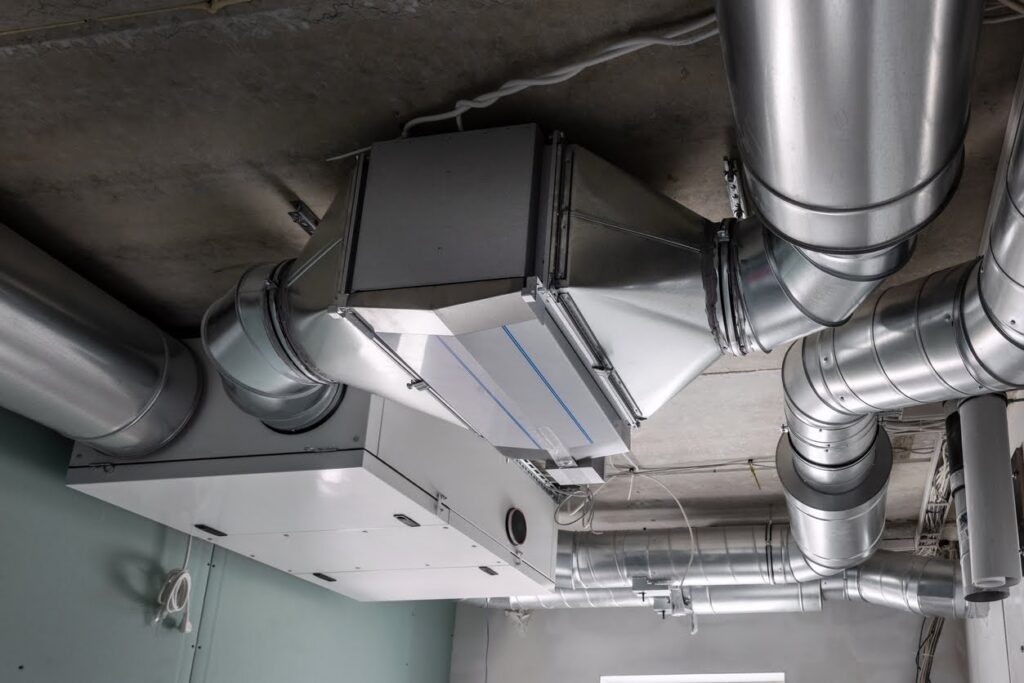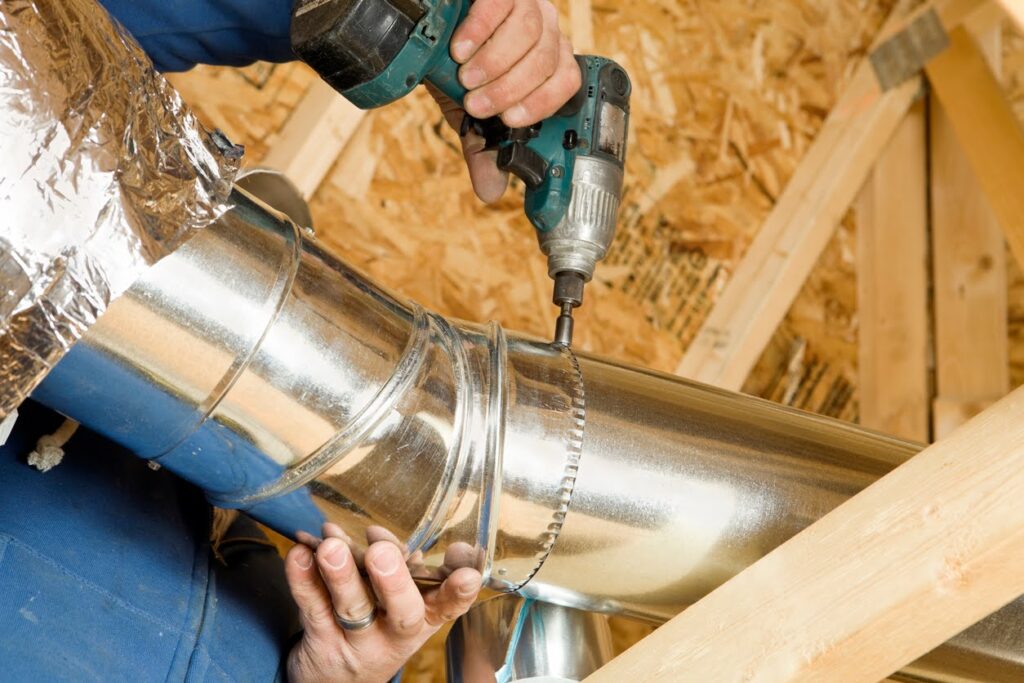Take A Closer Look At TIG Welding With the Experts At Avon Lake Sheet Metal
TIG welding, short for Tungsten Inert Gas welding, is a popular welding method known for its precision and versatility. However, like any welding technique, it has its own set of pros and cons. In this post, the experts at Avon Lake Sheet Metal will take a closer look at the process of TIG welding and explore when it’s the best choice for your welding needs.
The Pros of TIG Welding
Known for creating clean and precise welds with minimal splatter, TIG welding is great for projects that require high-quality, precise connections. TIG welding is also versatile, allowing it to work well with various metals, including steel, aluminum, and stainless steel. Additionally, it offers excellent control over the heat input, which helps prevent distortion and warping in the welded materials. This makes TIG welding a preferred choice in aerospace, automotive, and fine metalwork industries, where precision and quality are essential.
- Precision: TIG welding allows for precise control of the welding arc, making it ideal for applications where accuracy is critical, such as aerospace and medical equipment.
- Clean Welds: TIG welding produces clean and aesthetically pleasing welds with minimal splatter and spatter, reducing the need for extensive post-weld cleanup.
- Versatility: It can weld a wide range of metals, including steel, stainless steel, aluminum, and copper, making it suitable for diverse projects.
- Low Heat Input: TIG welding produces less heat compared to some other methods, reducing the risk of warping or distortion in thin materials.
The Cons of TIG Welding
While TIG welding has its advantages, it also has some drawbacks. One notable drawback is its relatively slower welding speed compared to some other methods, which can make it less efficient for larger projects. TIG welding also demands a high level of skill and experience to produce quality welds, which can increase labor costs. Additionally, the process requires a clean and controlled environment, making it less suitable for outdoor or fieldwork. The need for a constant supply of inert gas and the cost of tungsten electrodes can add to the overall expense of TIG welding. These limitations mean that while TIG welding excels in precision and quality, it may not always be the most cost-effective or practical choice for all welding applications.
- Skill Requirement: TIG welding is considered a more challenging welding process, requiring a steady hand and extensive training. That’s why it’s always important to only trust your projects to companies with certified welding technicians.
- Slow Process: Due to its precision, TIG welding can be slower, which may not be suitable for high-production environments.
- Not Ideal for Thick Materials: While TIG welding excels with thin materials, it may not be the best choice for welding thick sections due to its slower deposition rate.
So When Is It a Good Idea to Use TIG Welding?
TIG welding is the right choice for various applications:
- Aerospace and Medical Devices: Where precision and clean welds are essential for critical components.
- Artistic and Decorative Metalwork: For intricate and aesthetically pleasing welds in sculptures, furniture, and art pieces.
- Automotive and Motorcycle Fabrication: Particularly for welding aluminum components in custom vehicle fabrication.
- Pipe Welding: TIG welding is commonly used for welding pipes, especially in industries like petrochemical and pharmaceuticals.
In conclusion, TIG welding is a powerful welding technique with distinct advantages, such as precision and versatility, but it also has its limitations, such as a steeper learning curve. Understanding when to use TIG welding is crucial for achieving the best results in your welding projects.
Looking for assistance with your next welding project? Contact the experts at Avon Lake Sheet Metal today!



